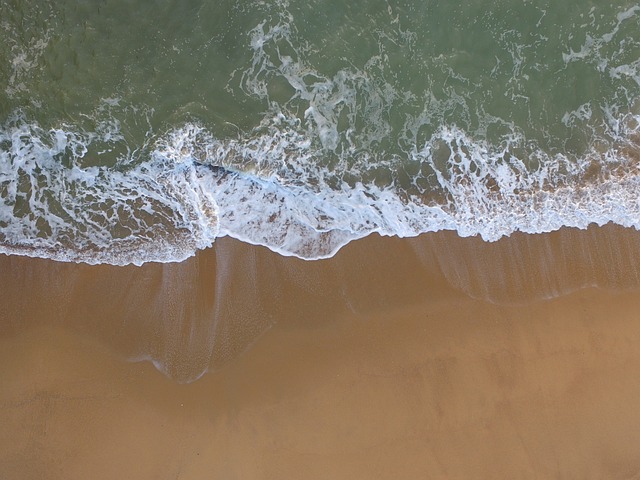Nothing quite compares to the bliss experienced by taking a walk along the beach, feeling the sea breeze on your face, the sunshine warming your back, and the soft sand filtering between your toes. However, there’s also almost nothing quite as bad as witnessing the beauty of the beach that has been eroded by human waste (plastic pollution, in particular).
A beach is a place for relaxing, after all. To maintain the purpose of beaches as places for relaxation, you should consider organising beach cleaning volunteering. The following is a discussion of some of the benefits such an endeavour would provide.
Raise Awareness
One of the primary benefits of organising a beach clean-up is that it helps bring people face-to-face with the growing reality of plastic pollution. While it is definitely a hot topic currently, most people are unlikely to change their behaviour until they understand the scope of plastic pollution as well as its impact on the environment.
Plastic (particularly single-use plastic) is for many people an out-of-sight, out-of-mind kind of problem, once they throw it in the bin, it is no longer their problem. However, all that waste has to go somewhere since it isn’t biodegradable and it almost always finds its way to the ocean and eventually ends up washing up on shore.
If you organise a beach clean-up, volunteers can physically see the amount of plastic that litters the beach and have a better understanding of the effort needed to eliminate plastic waste from the marine system after having picked up the trash themselves.
Witnessing the problem first-hand will likely encourage volunteers to assess the usage of plastic in their own community and thus consider modifying their own behaviour. If volunteers are aware of the problem, they can raise awareness of plastic pollution by discussing the issue among family, friends, colleagues, and schoolmates, and encouraging them to modify their behaviour too.
Beach clean-ups also usually attract attention, and people will often stop to find out what’s happening, which can be a fantastic way to start a discussion on the benefits associated with making the switch to alternatives to non-single-use plastic (e.g., fabric shopping bags).
Furthermore, seeing just how effective beach clean-ups can be when it comes to improving the surrounding environment, it can encourage more people to become involved, particularly if they feel that they are actually making a difference.
Plastic Pollution Directly Impacts the Marine Ecosystem and Local Wildlife
Plastic pollution might be largely an eyesore to humans, but it can be incredibly harmful to local marine life. Plastic will easily get entangled around the feet, flippers, wings, beaks, necks, and fins of marine animals, choking them or limiting their mobility and ability to catch food to feed themselves.
Plastic is also usually ingested by marine animals, either accidentally or on purpose, which causes blockages in their digestive system. The blockages have been shown to cause suffering in marine animals, along with suppressed reproductive and immune systems, internal injuries, and often death. A common example of this is turtles that often mistake plastic bags for jellyfish and choke on them after trying to take a bite.
The build-up of plastic on beaches can equally affect other ecological processes, such as in India where the efforts of a single individual, Afroz Shah, a young attorney, to organise beach clean-ups along the Versova beach, which resulted in the Olive Ridley turtles, which are endangered, that had been absent for several years returning.
Organising regular local beach clean-ups can help get rid of plastic waste from the marine ecosystem thus protecting local wildlife. It can also be an excellent way to encourage the locals to become involved because many ocean creatures are known to be charismatic and tend to attract people’s attention.
